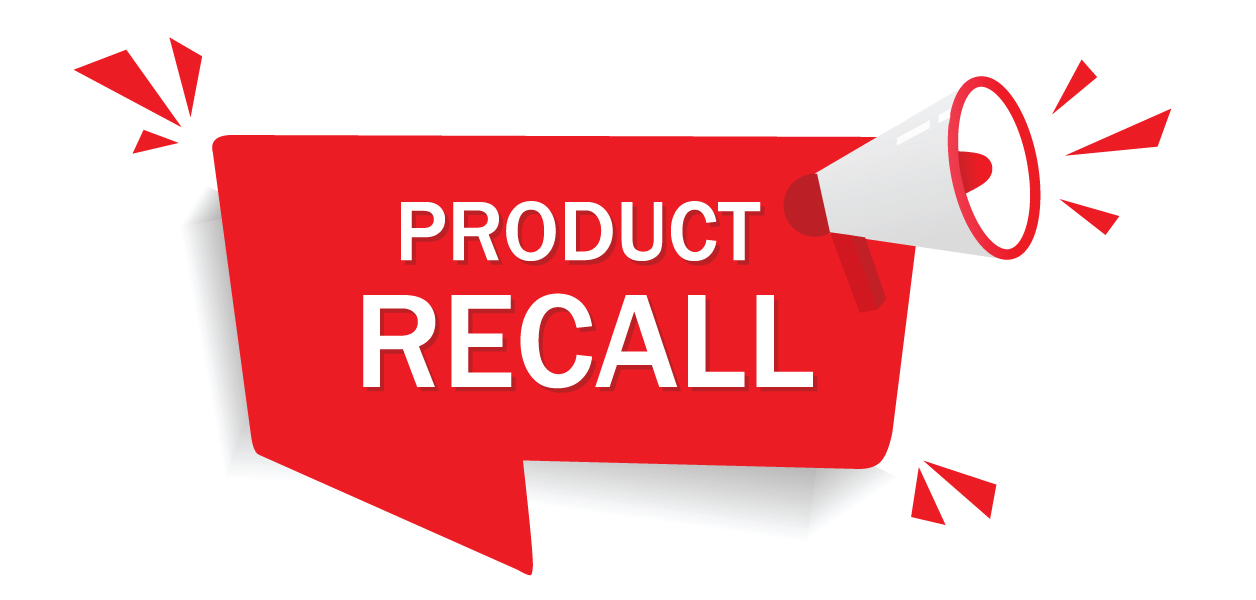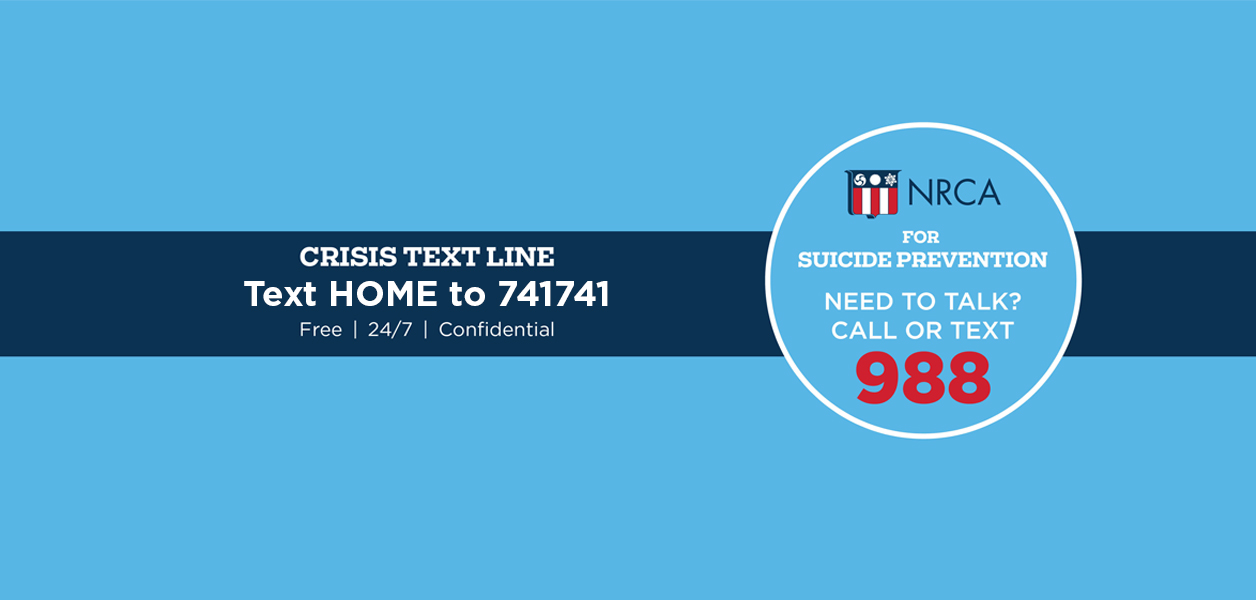The COVID-19 pandemic has affected how consumers feel about institutions—government, the media, business—and Edelman’s Trust Barometer shows business is the most trusted institution in the U.S. for the fourth year in a row, according to Harvard Business Review. A PwC study had similar results, finding 63% of consumers say they have trust in U.S. companies.
The PwC survey found this in part can be attributed to the commitments and actions many in the business community made during the pandemic, including advocating for social justice, keeping people safely at work, continuing the supply of household goods, fast-tracking vaccine production and charitable commitments, among other actions.
In addition, the survey found consumers and companies agree on four actions that help establish trust: data protection and cybersecurity; treating employees well; ethical business practices; and admitting mistakes quickly and honestly.
The survey also showed not everything important to business leaders is equally important to consumers. Following are some key takeaways for businesses to help address the misalignment in priorities.
- Business leaders should set a clear strategy to build a culture of trust and transparency throughout the company.
- Business leaders need to communicate the “why” behind big decisions.
- Business leaders need to act with integrity, courage and vulnerability. When mistakes happen, leaders should make a sustained, transparent commitment to make things right.
Although it can be challenging, businesses are working on building trust with consumers and taking the opportunity to make positive, lasting change.
To read more about the importance of companies acting ethically and how it can help build trust with customers and in communities, check out the March issue of NRCA’s For Members Only newsletter.





